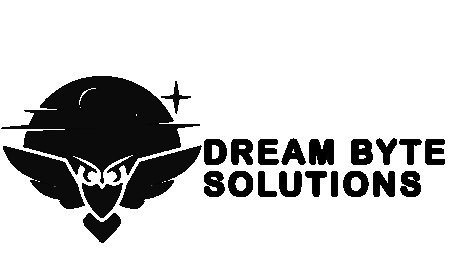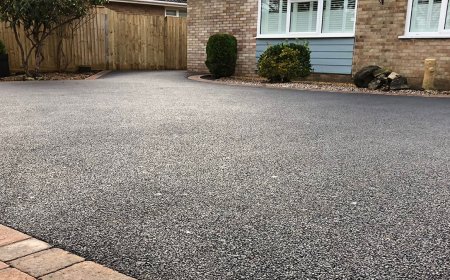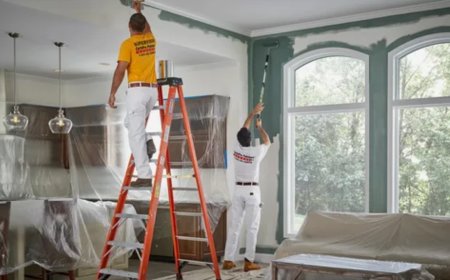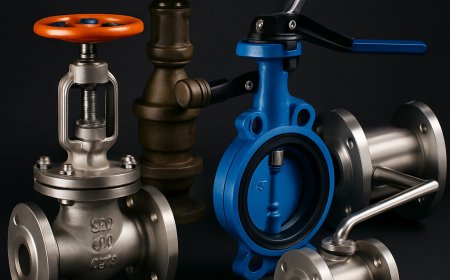Is Pressure Washing Safe For All Outdoor Surfaces?
Learn which outdoor surfaces are safe to pressure wash. Avoid costly damage with expert advice from RMK Service—trusted cleaning across the UK.
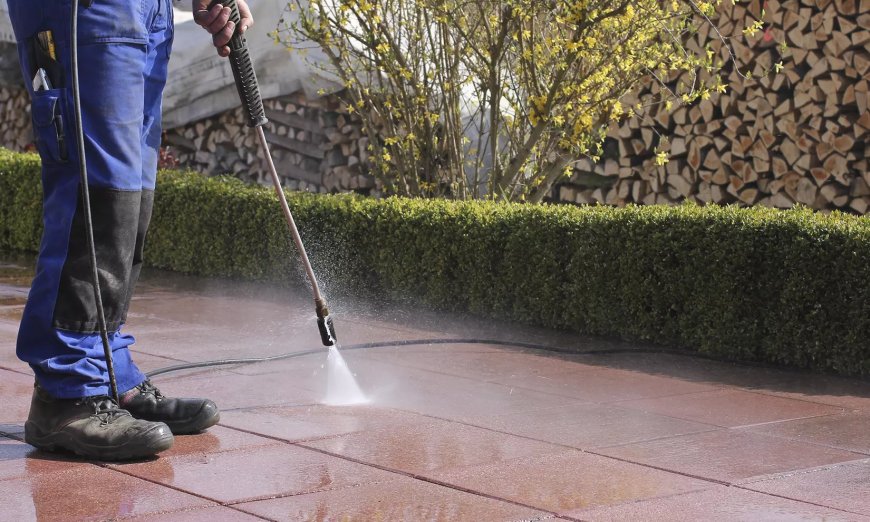
Pressure washing has become an essential solution for homeowners wanting to refresh the look of their property's exterior. But is it suitable for every surface? In the UK, professional services like RMK Service are trusted by many for delivering expert pressure and jet washing solutions tailored to different materials. Understanding the correct method is crucial to protecting your home from avoidable damage.
How Does Pressure Washing Work?
Pressure washingoften called jet washinginvolves using a high-powered water stream to remove dirt, moss, mould, algae, and built-up grime from outdoor surfaces. Unlike standard hosepipes, these machines blast water at high velocity, lifting stains that ordinary cleaning can't remove.
It's commonly used for:
-
Patio cleaning
-
Driveway washing
-
Wall and render cleaning
-
Wood decking and fencing
-
Algae removal and moss treatment
While it can drastically improve kerb appeal, improper use may damage certain materials. Thats why its important to hire a trained professional.
What Surfaces Are Safe For Pressure Washing?
Concrete And Block Paving
These surfaces are highly durable and ideal for pressure washing. Block paving and concrete driveways withstand high pressure, making them perfect for removing oil stains, tyre marks, and moss.
Brick And Stone
Brick walls and stone patios are generally safe, but older bricks or mortar joints may be more delicate. A professional adjusts the pressure level to clean effectively without damaging the structure.
Render And Painted Walls
Render can be sensitive. High pressure might strip paint or chip away the render itself. Professionals usually opt for soft washing or reduced pressure methods when dealing with these surfaces.
Wood Decking
Wood is particularly vulnerable to pressure damage. Improper technique can splinter or gouge wooden planks. For decking, trained operators use low-pressure settings and wider spray patterns to clean safely.
Garden Fences And Sheds
Like decking, wooden fences and sheds require care. Too much pressure can strip paint or protective finishes. A balanced, low-pressure approach maintains the structure while restoring its appearance.
Roof Tiles
Roof tiles may not be suited to traditional pressure washing due to their fragility. Many companies use soft washing for roofs, combining gentle pressure with cleaning solutions to remove moss and algae safely.
Surfaces That Require Caution Or Should Be Avoided
Some materials are unsuitable for pressure washing:
-
Glass surfaces and greenhouse panels
-
Flaky or aged painted wood
-
Loose mortar or weak pointing
-
Asphalt or soft surfacing
-
Electrical outlets or outdoor light fixtures
These areas are either too delicate or pose safety concerns, which is why a professional assessment is crucial.
Why Hiring A Professional Is Safer
A DIY pressure wash can be risky if youre unsure about the correct technique. Trained professionals have the tools and knowledge to match the pressure level to the surface type. They also understand how to manage environmental concerns like water drainage and chemical use.
In the UK, weather conditions often contribute to moss, mildew, and algae growth. Professionals include algae removal and moss treatment as part of a comprehensive cleaning plan, reducing the need for frequent re-cleaning.
Combining Pressure Washing With Other Services
Once your surfaces are cleaned, theyre often ready for other improvements. This is a perfect time to repaint fences, outdoor furniture, or building exteriors.
This is where a painter and decorator adds value. After a pressure wash clears grime and growth, painting becomes more effective and long-lasting. Whether it's freshening up the front door or restoring painted garden fences, combining cleaning and decorating services ensures a smooth, durable finish.
Many UK service providers offer both pressure washing and painting, allowing homeowners to refresh their entire exterior with one reliable team.
Tips For Safe Pressure Washing
If youre thinking about trying it yourself, keep these safety tips in mind:
-
Start with a low-pressure setting and test a small patch
-
Use appropriate nozzles for each surface
-
Stand at least 12 inches from the surface
-
Avoid electrical fittings or exposed wires
-
Dont use harsh chemicals on plants or lawns nearby
Even with the best intentions, incorrect use can cause costly damage, which is why most homeowners opt to hire an expert.
Protecting Your Property The Right Way
Pressure washing is an efficient, eco-friendly way to maintain your homes exteriorbut only when done correctly. Surfaces like concrete and brick can handle the power, while wood, render, and painted finishes need a gentler approach.
In the UK, experienced companies like RMK Service are well-versed in both pressure and soft washing techniques, ensuring a safe, customised clean for every part of your property. When combined with services like painting and decorating, youll achieve a full refresh that boosts curb appeal and protects your investment long-term.
FAQs
Is pressure washing suitable for all surfaces?
No. While surfaces like concrete and brick are ideal, soft materials like wood, paint, and render require lower pressure or soft washing.
Can pressure washing damage my property?
Yes, if not done correctly. Thats why hiring professionals is the safest optionthey adjust techniques based on surface material.
How often should I pressure wash my patio or driveway?
Once or twice a year is recommended, especially after winter or before summer gatherings.
Is it necessary to pressure wash before painting outdoor surfaces?
Yes. Cleaning the surface ensures better paint adhesion and a smoother, longer-lasting finish. Many people hire a painter and decorator after washing.
Whats the difference between soft washing and pressure washing?
Soft washing uses low pressure with cleaning agents for delicate surfaces, while pressure washing uses high-pressure water for tougher jobs.
















![Top 9 Real Estate Mobile App Developers in Riyadh, Saudi Arabia [2025 Edition]](https://www.biphoo.uk/uploads/images/202507/image_430x256_6879d0d524335.jpg)




